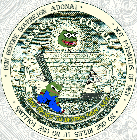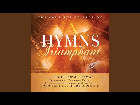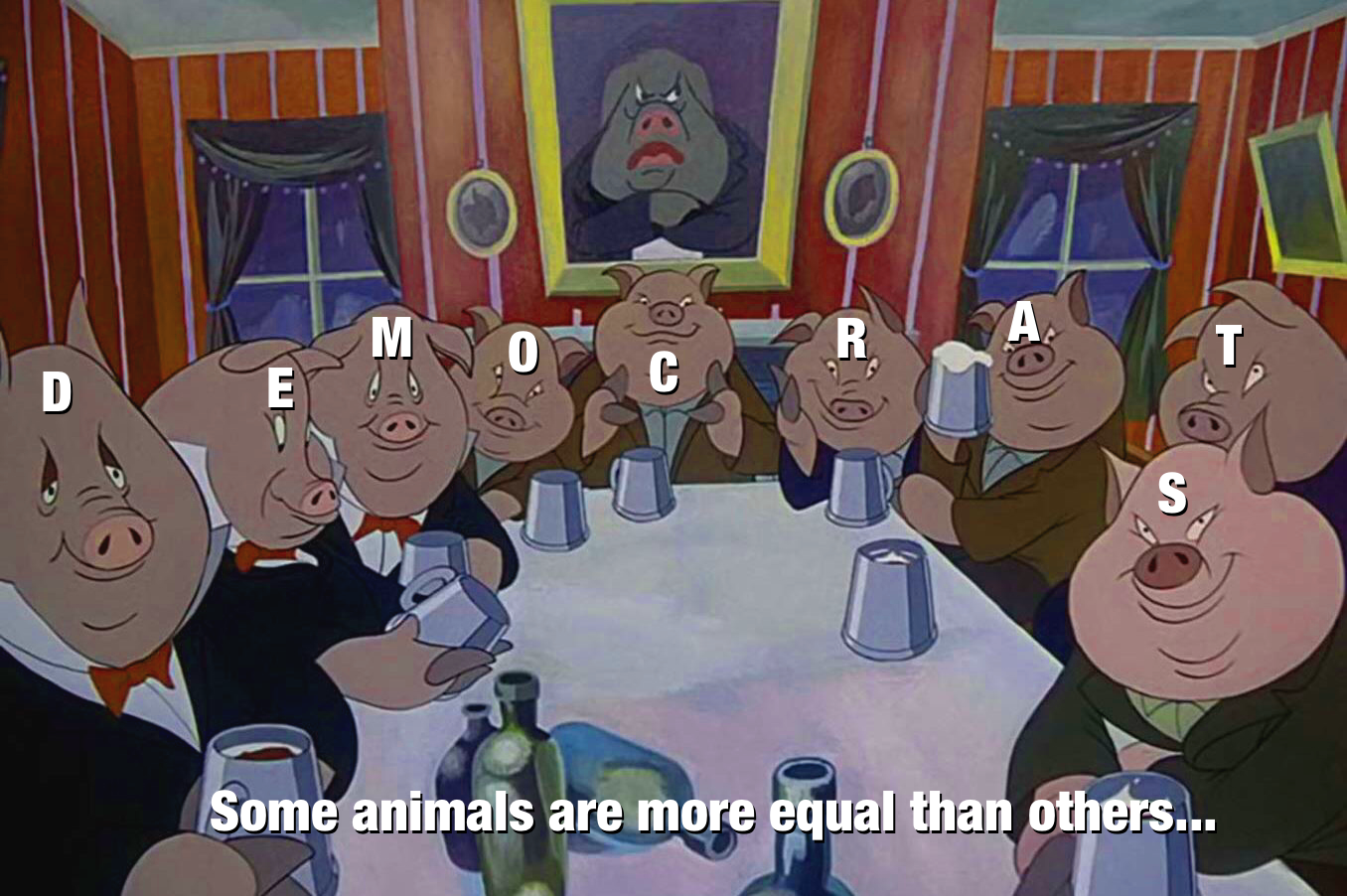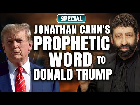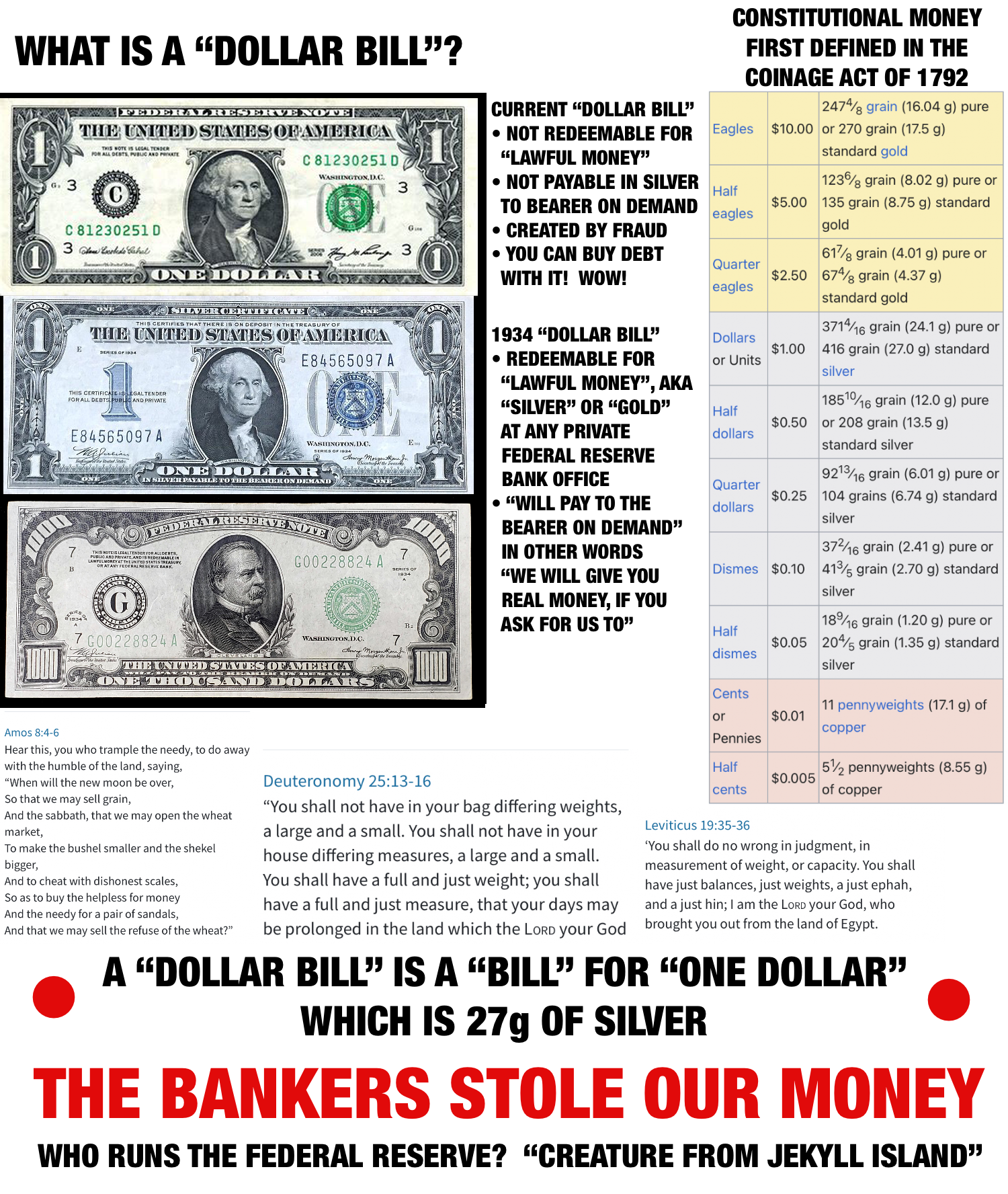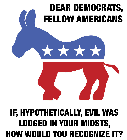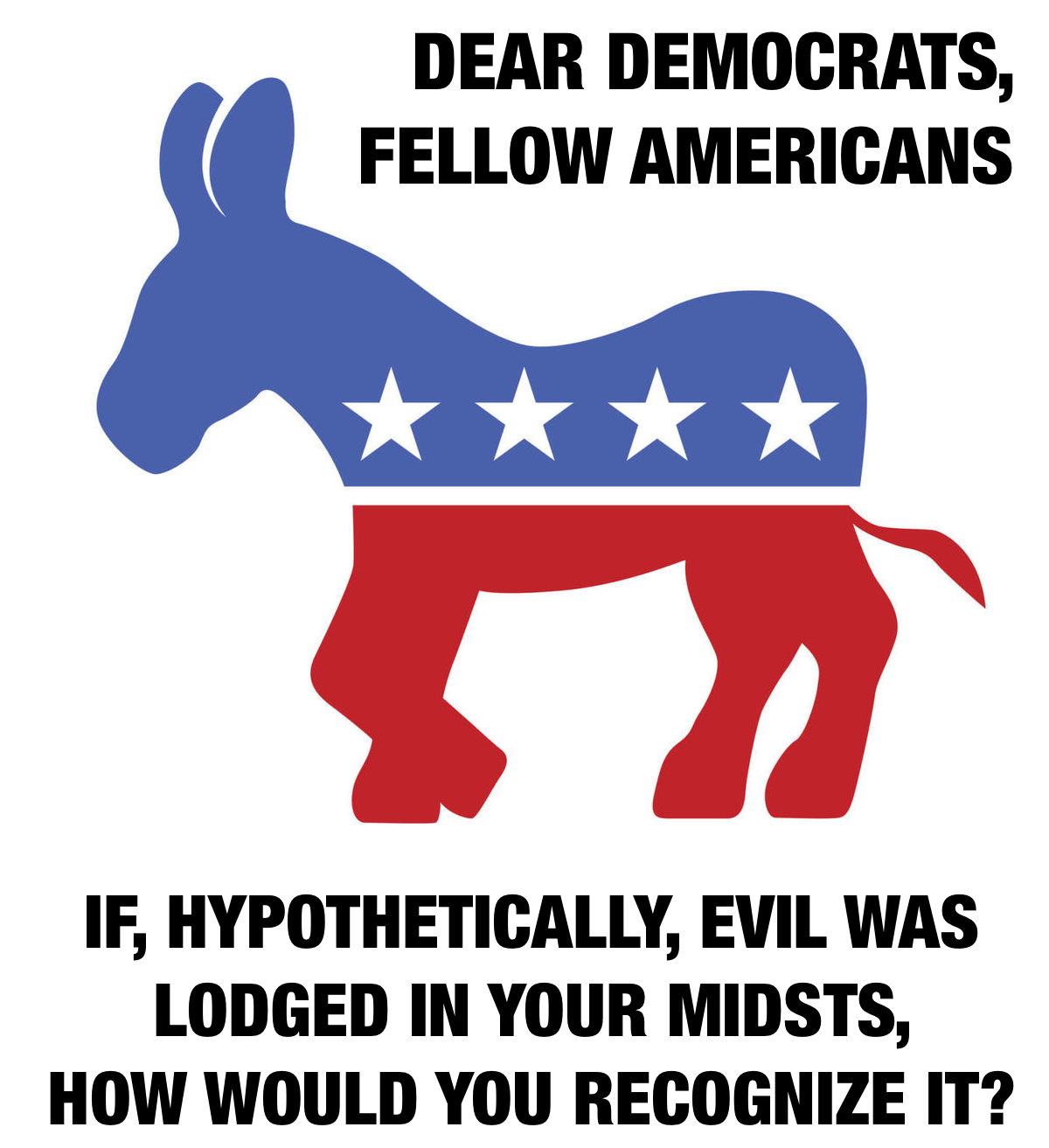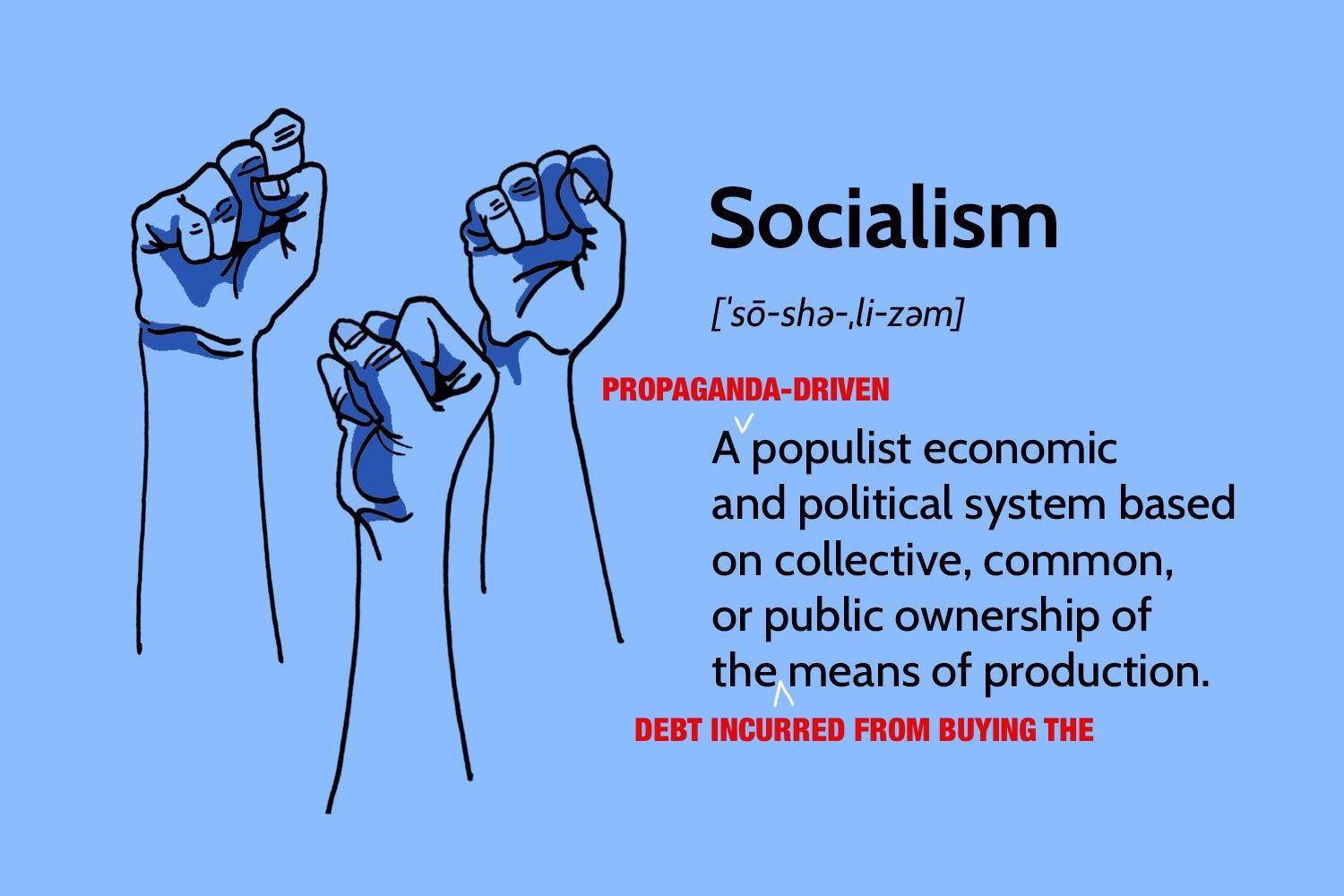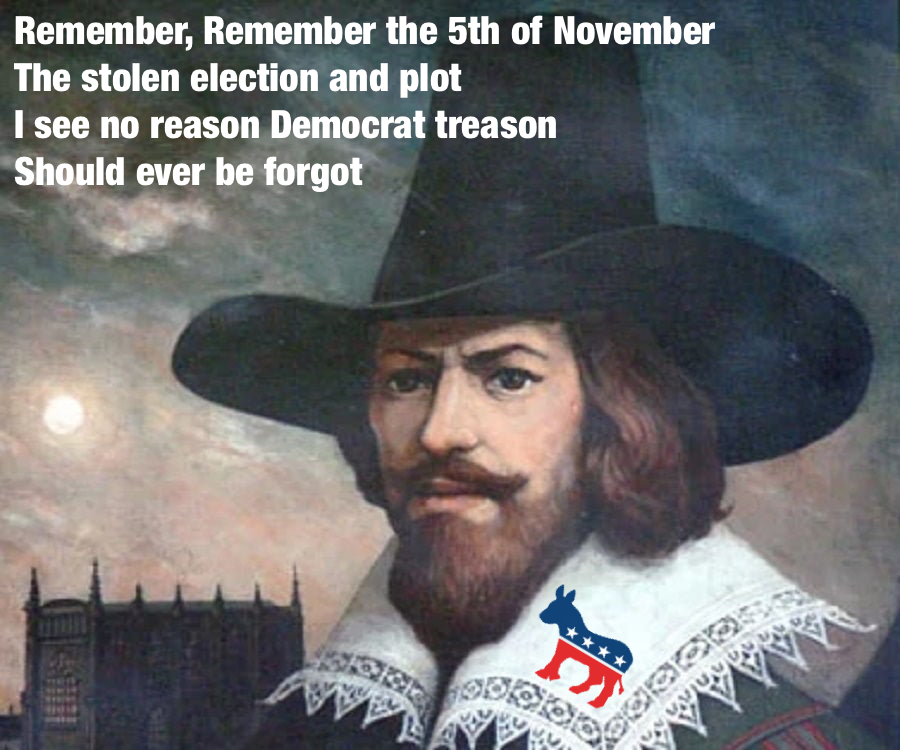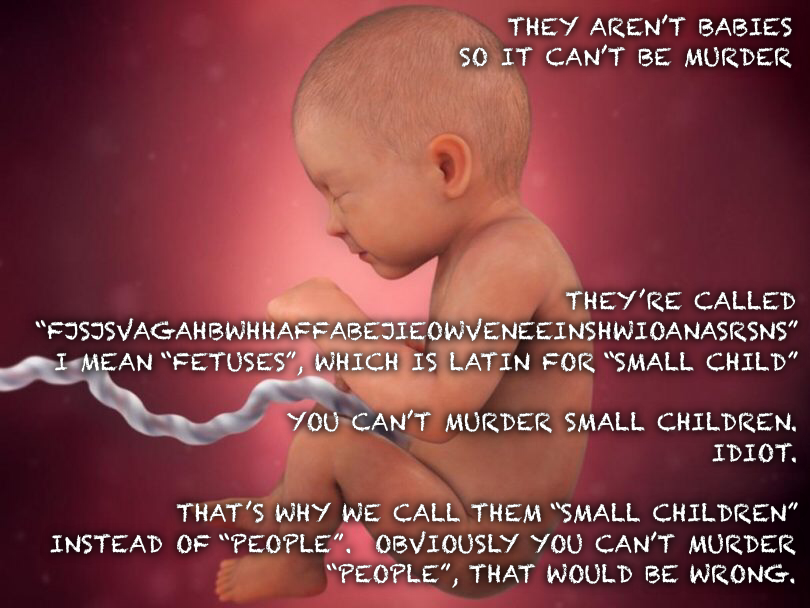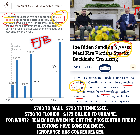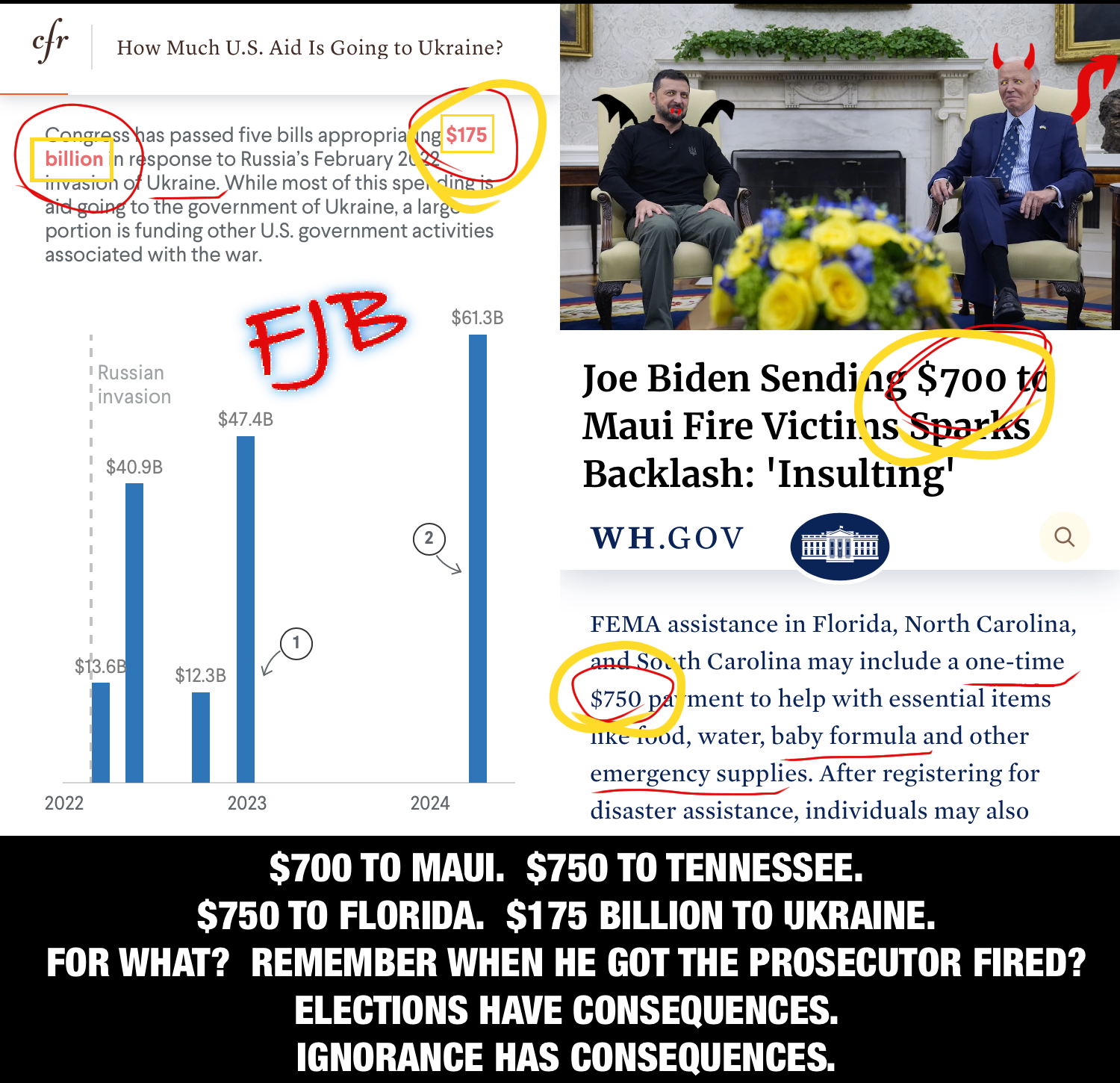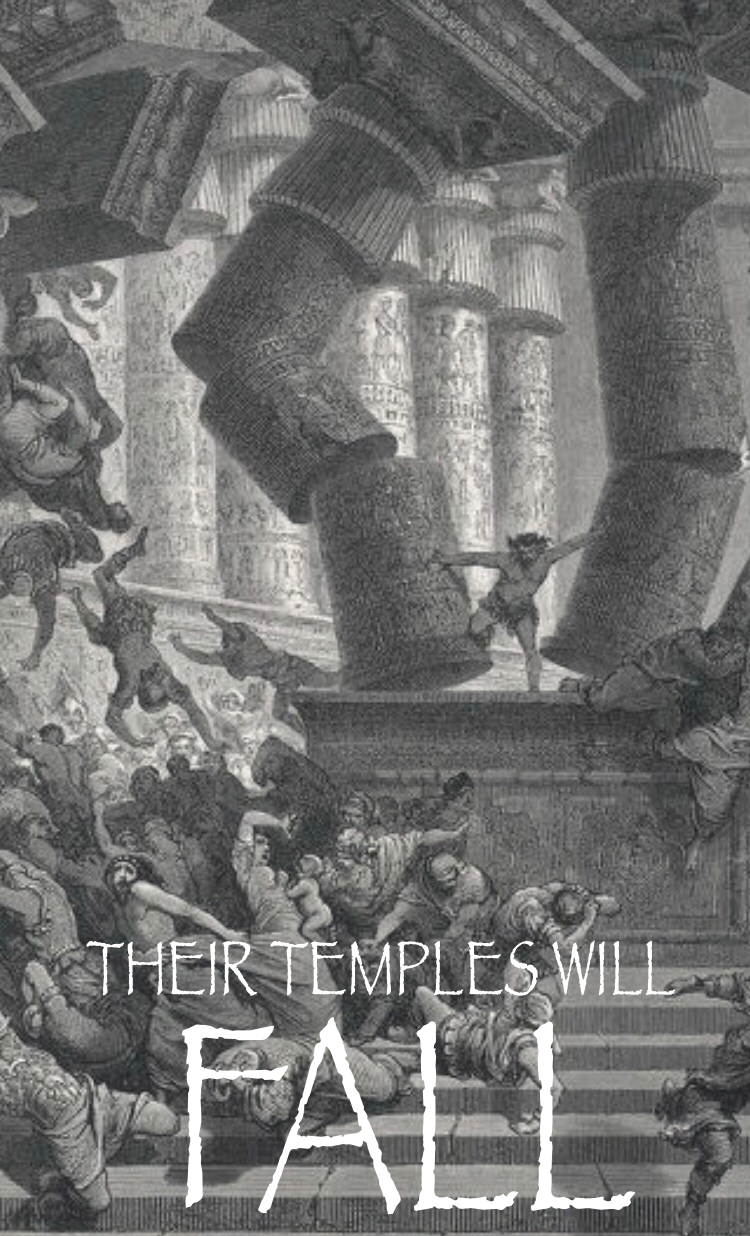While trying to find a study I saw previously that claimed that 85% of homosexuals had been raped and/or abused as children, I came upon an interesting name.
Turns out, the Editor in Chief of Psychology Today was a man named Robert Epstein.
https://en.m.wikipedia.org/wiki/Robert_Epstein
That’s an awfully unusual name! Maybe it’s time to scan over Jeffrey Epstein’s biography for random reasons!
https://en.m.wikipedia.org/wiki/Jeffrey_Epstein
Epstein began his professional life as a teacher at the Dalton School despite lacking a college degree.
Well, we know these people get groomed/recruited into their positions from somewhere, so let’s keep reading and see what we see about this “Dalton School”.
Epstein started working in September 1974 as a physics and mathematics teacher for teens at the Dalton School on the Upper East Side of Manhattan.[28][30] Donald Barr, who served as the headmaster until June 1974,[31][32][33] was known to have made several unconventional recruitments at the time, although it is unclear whether he had a direct role in hiring Epstein.
Barr? That name sounds familiar!
https://en.m.wikipedia.org/wiki/Donald_Barr
Donald Barr (August 8, 1921 – February 5, 2004) was an [“]American educator[“], writer, and Office of Strategic Services (OSS) officer. He was an administrator at Columbia University before serving as headmaster at the Dalton School in New York City and the Hackley School in Tarrytown, New York.
Tarrytown being the home of John D. Rockefeller. Sleepy Hollow is a suburb of it. Benedict Arnold’s treason was exposed here.
The Attorney General of the United States’ father was a British Intelligence officer, and may have employed a man responsible for blackmailing people, who partnered with the daughter of another OSS member (Ghislane/Robert Maxwell) whose company publishes many American schoolbooks?
Probably still not as sketchy as the President of the United States (Clinton) being a (Cecil) Rhodes Scholar. (Cecil was a British nationalist whose life’s goal was to bring the U.S. back under British control)
His sons are former United States Attorney General William Barr and physicist Stephen Barr.
In 1973, Barr published Space Relations, a science fiction novel about a planet ruled by oligarchs who engage in child sex slavery.
… does this have anything to do with “Space Force”?
And his other son is an physicist with interests in space and philosophy?
In 1983 President Ronald Reagan nominated Donald Barr to be a member of the National Council on Educational Research.
This makes every single thing prior much more interesting. What is going on here?
William P. Barr (who served as the 77th U.S. Attorney General in the George H. W. Bush Administration and as the 85th U.S. Attorney General in the Donald Trump Administration)
No signs of Robert being related to Jeffrey, but very ‘dasting connections all over the rest of it.
Several months ago, u/Slechta5614 and I brought up the concept of a mapping project. Several people expressed interest, but while enthusiastic, I didn’t end up having the bandwidth to start making rubber meet the road.
That project (https://greatawakening.win/p/17si5CTrPS/mapping-project/c/) was and is intended to help as an umbrella for concepts like this one, however, and will be useful at some point. Tag me if still interested.
Where this becomes relevant is in Phase 2 of the Pincher move we are looking to execute on the deep state. Top down AND Bottom up. Local action = national results.
We, as citizens who are not in the “big club”, are at an information disadvantage and need to start working to rectify that problem. One way it manifests is in elections. They’ve gerrymandered us into corners all over the country. “Hey, you mostly rural county, you’re looking too red, here’s a university to get you ‘educated’.”
Turns out, the indoctrinated class presidents from those universities, who have never actually worked but do know how to campaign and game out office runs and grease palms, graduate with connections in the university system and democrat/activist organizations.
Now, say you have a largely rural county, as noted in the above quote. They could, and have, take their precincts and divide them up in such a way as to completely disenfranchise everyone in a given precinct from any access to representation, while binding them to the whims of people who don’t even live in the county. The university population and dorm capacities can easily be made to overpopulate the property owners in the precinct, thus locking that precinct in to whatever club whims happen to be, with no apparent voting recourse.
One major handicap we have in this effort is a major information disadvantage. They have it, we don’t, and we don’t even know the damn game.
To work on resolving that, I suggest some steps toward addressing this issue when the problem is identified:
- Acquire a list of all property owners, addresses, contact information in the county, by precinct (as much info as possible)
- Map out the laws around electoral guarantees, forms and procedures needed to make demands (not requests), and the numeric and practical issues in play
- Use the list to get more people on your side, construct mailing lists, contact sheets, etc. Let people know what problems exist. Have people sign on to petitions. Know who you’re signing on if you can, because you don’t want to alert the people you’re going against any sooner than needed. This is an important step if they decide to be violent. Remember, this sort of action will be moving against local money and local control.
- Show how conflicting constituencies have been intentionally grouped together against the clear incentive interests of conflicting parties. Prove that one party cannot win any election as the vote is constructed, and point out that the people who drew the lines knew this. You may want to get that person’s name(s) before presenting your information. Look for geographical and business quirks in the precinct/county layouts that they might be intentionally exploiting to their advantage.
- Demand equal, constitutionally guaranteed, Republican (not the party, the form of government) representation, attack negation of egregious things that oppositional parties have attempted to foist on grieved parties, and demand correction and recompense for the problems, which were done without consultation or consent.
- PRAY. 0. PRAY.
If you notice silly things like … oh, say, pentagrams, it may also help to look around for the relevant clubs and start trying to find things out about who’s running certain interests.
u/christine_grab is that a half decent plan of attack on part of this issue? I’m new to this.
… the one path I didn’t even halfway imagine was a totally normal election win.
Praise Yahweh for His grace, mercy, and longsuffering kindness!
With Archive.org being messed with, if I might recommend this:
An open source tool to download entire websites
Remember, if you have windows 10 or 11, Microsoft may be able to deploy updates to “suggest” certain files be deleted from your computer, without your knowledge or explicit consent, so move archives to storage that isn’t connected to the internet.
Undoubtedly, several of you have gone back and looked at both of these by now. For those who haven’t, if you take a look at the federalist vs antifederalist papers, and their primary arguments, where the federalist papers are the only ones that are ever taught at all, and both of them are only glossed over at a summary level, then actually look at what’s going on, it’s funny how the federalist papers were clearly wrong on nearly every single high level point.
Got this nice little summary out of a query. Enjoy!
Anti-Federalist Papers Summary
The Anti-Federalist Papers consist of a series of essays written by various authors who opposed the ratification of the U.S. Constitution in 1787-1788. Key figures included Patrick Henry, George Mason, and Richard Henry Lee. Their arguments centered on the dangers of a strong central government, which they believed would threaten individual liberties and state sovereignty. They expressed concerns about the lack of a Bill of Rights, the potential for tyranny, and the perceived overreach of federal authority. The Anti-Federalists advocated for a decentralized government that would preserve local control and protect the rights of citizens.
Their main arguments can be summarized as follows:
Fear of Centralized Power: Anti-Federalists believed that a strong central government would lead to tyranny. They argued that the Constitution would create a powerful national government that could easily overstep its bounds and infringe on individual liberties and state rights.
Lack of a Bill of Rights: One of their central objections was the absence of a Bill of Rights in the original Constitution. They argued that without explicit protections for individual freedoms, citizens would be vulnerable to government oppression. State Sovereignty: Anti-Federalists emphasized the importance of state governments, which they viewed as closer and more responsive to the people. They believed that state legislatures were better suited to protect citizens' rights and interests.
Potential for Corruption: They expressed concerns about the potential for corruption and abuse of power within a large federal government. Anti-Federalists feared that elected officials would prioritize their interests over those of their constituents.
Geographic Concerns: Some argued that the vastness of the nation would make it difficult for a single federal government to effectively represent diverse local interests and needs.
Key documents include "Brutus," "Cato," and "Federal Farmer," which articulated these concerns in detail, warning against the dangers of a powerful federal structure.
Federalist Papers Summary
The Federalist Papers are a collection of 85 essays written by Alexander Hamilton, James Madison, and John Jay between 1787 and 1788 to promote the ratification of the U.S. Constitution. The essays defend the need for a strong federal government to maintain order, protect individual rights, and promote the common good. Key themes include the benefits of a strong central authority, the importance of checks and balances, and the need for a system that can adapt to the nation's needs. The Federalists argued that a Bill of Rights was unnecessary, as the Constitution itself provided sufficient protections.
Need for a Strong Central Government: The Federalists argued that a strong national government was essential for maintaining order, providing for the common defense, and managing economic challenges. They believed that the Articles of Confederation had proven inadequate in dealing with these issues.
Checks and Balances: The essays emphasized the importance of a system of checks and balances to prevent any one branch of government from becoming too powerful. They outlined how the separation of powers among the legislative, executive, and judicial branches would protect against tyranny.
Federalism: The Federalists promoted the idea of federalism, which balances power between the national and state governments. They argued that this system would allow for a more effective governance structure that could accommodate both local and national interests.
Addressing the Bill of Rights Debate: While some Federalists initially argued against the necessity of a Bill of Rights, they ultimately acknowledged its importance in assuaging public fears. This eventually led to the promise of amendments to include specific protections for individual liberties.
Representation and the Role of the Electorate: The Federalist Papers argued that a well-informed electorate would be capable of choosing representatives who would serve the public interest, thus countering fears of corruption and misrepresentation.
Prominent essays include Federalist No. 10 (discussing factions and their impact) and Federalist No. 51 (explaining the need for checks and balances).
Contrast of Arguments
Central Authority: Anti-Federalists: Advocated for limited central government to prevent tyranny and protect states' rights. Federalists: Supported a strong central government to ensure stability and effective governance.
Bill of Rights: Anti-Federalists: Insisted on a Bill of Rights to safeguard individual liberties. Federalists: Argued that the Constitution inherently protected rights and that a Bill of Rights was unnecessary.
Fear of Tyranny: Anti-Federalists: Warned of potential government overreach and loss of freedoms. Federalists: Contended that a well-structured government would prevent any one faction from dominating.
Public Trust: Anti-Federalists: Expressed skepticism about the motives and capabilities of a distant central government. Federalists: Believed in the capacity of an informed electorate to engage with and support the new government structure.
Overall, the debate between the Federalists and Anti-Federalists laid the foundation for ongoing discussions about the balance of power between state and federal authorities in the U.S.
Some people have noticed the presence of very large bonds on this election, and the last election (2023) and before that. This may happen every election, dating back to who-knows-when.
If there is a $1 billion bond up for vote, in a county of 22,000, for schools (“graft”), do we:
- Vote it in as the last money/asset grab before the dollar collapses
- Vote it down like we always should have been doing
I’m thinking at this point that every dollar of that damn bond is going to be propping up the local deep state on our backs.
“Vote no to all bond props, countrywide.” seems like the best path forward, but maybe I’m missing something. Thoughts?
2023 thread: https://greatawakening.win/p/17rlrMTkE3/bond-proposal-a-research-needed/
https://youtube.com/watch?v=MznHdJReoeo
A song by Jesus Jones about waking up from hissstory when a woman talking about a revolution doesn’t realize it already passed her by?
Jonesing for an awakening toward Jesus? Neat!
Seems like a very happy comms song.
A woman on the radio talks about revolution When it's already passed her by Bob Dylan didn't have this to sing about You know it feels good to be alive
I was alive and I waited, waited I was alive and I waited for this Right here, right now There is no other place I want to be Right here, right now Watching the world wake up from history
Oh, I saw the decade in, when it seemed the world could change At the blink of an eye And if anything Then there's your sign of the times
I was alive and I waited, waited I was alive and I waited for this Right here, right now
I was alive and I waited, waited I was alive and I waited for this Right here, right now There is no other place I want to be Right here, right now Watching the world wake up from history
Right here, right now There is no other place I want to be Right here, right now Watching the world wake up from history
Right here, right now There is no other place I want to be Right here, right now Watching the world wake up…!!
What’s everyones’ opinion on the Tesla Optimus that Elon is talking about rolling out millions of per year at $20-30k per?
https://youtube.com/watch?v=rP6rdmrpRUg
Rolling out in 2026, alongside the Tesla Taxi and Bus.
https://youtube.com/watch?v=3LFYM86BjU0
Between these and AI, what in the world is the world going to look like in 2 years?
Both the origin of the Kievan state and that of the name Rus, which came to be applied to it, remain matters of debate among historians. According to the traditional account presented in The Russian Primary Chronicle, it was founded by the Viking Oleg, ruler of Novgorod from about 879. In 882 he seized Smolensk and Kiev, and the latter city, owing to its strategic location on the Dnieper River, became the capital of Kievan Rus. Extending his rule, Oleg united local Slavic and Finnish tribes, defeated the Khazars, and, in 911, arranged trade agreements with Constantinople.
https://www.britannica.com/topic/Kyivan-Rus
Who wants to bet 420 was another marker event?
Talk about holding a grudge…
Everyone please lean your trays back and unplug from The Matrix, now.
The ride is over. We hope you enjoyed your stay at Total Recall. Have a nice day!
Please remember to not be startled by the sky, it was always like that.


